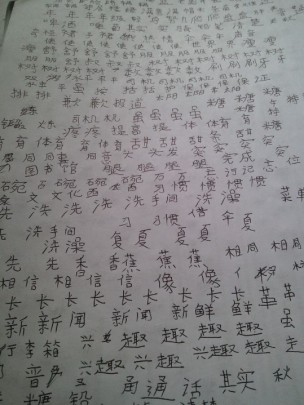I never really saw the point in having a tablet in the past. I mean, it all seemed like such a fad, having a big touch screen device around. How was it going to increase productivity or anything like that? It was something that seemed great to have, but not a necessity, unlike a laptop (now that’s a necessity!)
I bought an iPad 4 a few months ago, but that was a present for my mum. I played around with it, but even till now, I still don’t really know how to navigate around iOS.
The past week, I’ve been playing with a Surface Pro 2. It was on special, so how could I pass the offer by? Not only was the price comparable to similar late model Samsung tablets, but I was getting a full sized computer system in a tablet, so in thinking that I would be buying a tablet in the near future, I jumped in and bought it.
I thought that why not spend a little money? It will be like my birthday gift and xmas gift to myself for all the hard work that I slogged through during my previous rotation (man, and hard work I did!)
Anyway, so I learnt about the windows 8 gestures, and the new desktop without the start button. I like windows 8.1, but then again, I’ve had a windows phone, so I’m kind of familiar with the tiles and all.
What struck me about the tablet, was it’s beautiful finish and beautiful screen. It felt very responsive navigating around, and having the wacom pen was fantastic in writing notes and such. It was just fantastic.
The windows store is lacking in many things however compared to iOS and android, but with full blown windows, I can install any desktop app I want. The only reason why I wanted a fantastic store, was for finding apps to learn chinese from, but the apps on offer are extremely limited, and the ones that require me to pay are too basic for me.
I was a little pissed that apps like Pleco and skritter were available for android and iOS, but not windows store, but then it made me realize that before I had a tablet, I was learning chinese just fine on my laptop without apps. So, I realized that I could just continue to use the full websites like memrise, fluentu, lang 8 and other chinese websites to learn my chinese from. What’s neat, is that I can just pin the sites to the start menu.
Anyway, with such a new tablet at hand, I’m going to have a lot of fun exploring the new possibilities I can compute.


